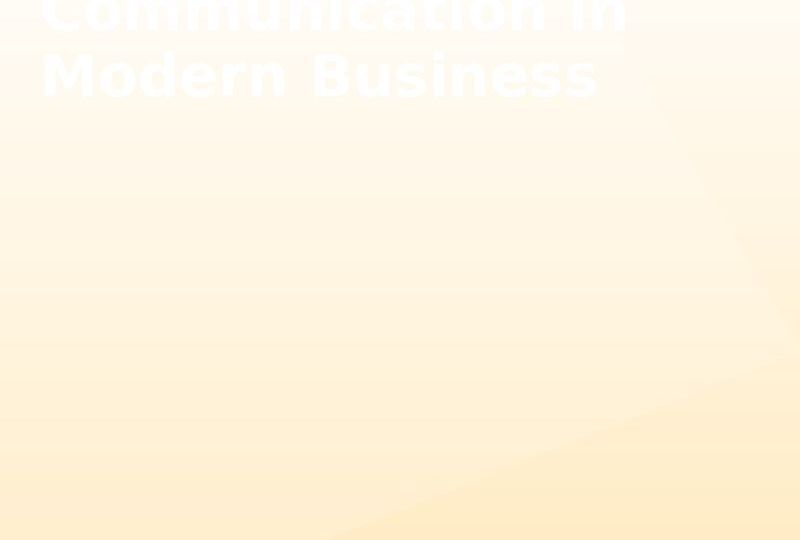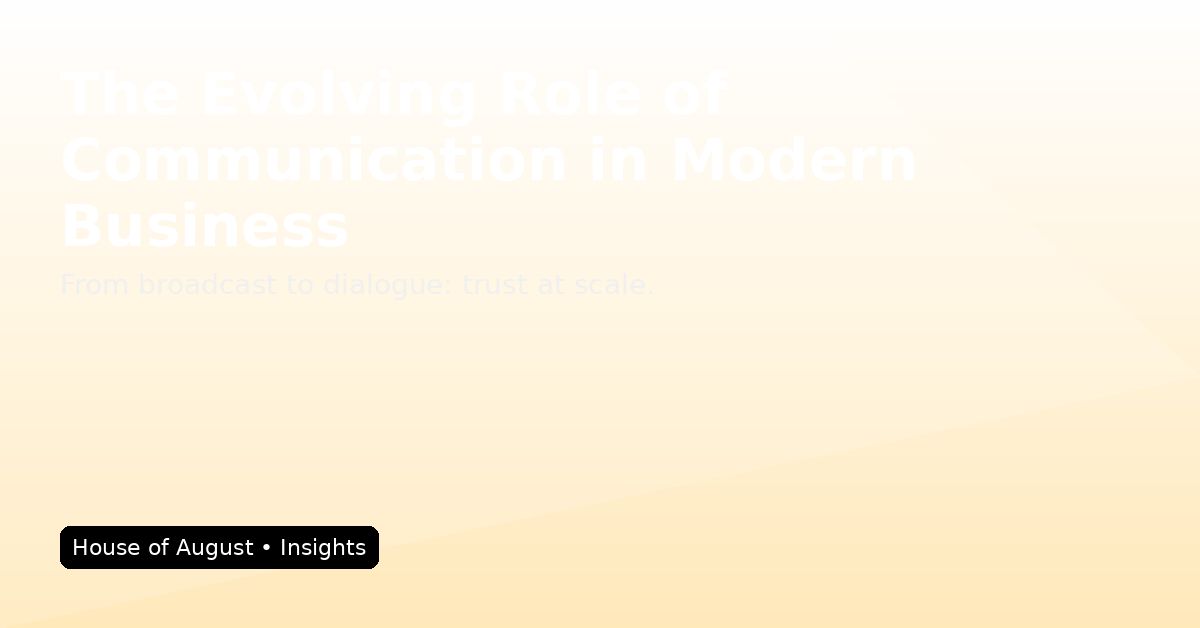

Effective communication is the backbone of every successful business. It influences how companies interact with stakeholders, build relationships, and project their brand identity. In today’s hyper-connected world, communication is no longer a one-way process dictated from the top. It has become a dynamic, two-way dialogue that must be authentic, transparent, and engaging. Brands that master this shift create stronger connections with their audiences and gain a competitive edge.
Historically, corporate communication relied heavily on formal channels such as press releases, newsletters, and annual reports. While these tools were effective in conveying information, they often lacked engagement and emotional resonance. With the rise of digital platforms and social media, companies are now under pressure to respond in real-time, demonstrate empathy, and maintain consistency across multiple channels. Customers expect a rapid, personalized response, whether they are voicing concerns, seeking information, or engaging with content. This requires businesses to rethink communication not just as an operational function but as a strategic capability.
Trust has become a critical currency in this landscape. According to Edelman’s 2024 Trust Barometer, 81% of consumers say that they must trust a brand before making a purchase. This underscores the importance of transparency, reliability, and ethical messaging. Communication today is about more than words; it is about cultivating credibility, demonstrating values, and fostering loyalty. Leaders who openly share their company’s vision, social responsibility initiatives, and business goals inspire both employees and customers, strengthening the overall brand ecosystem.
Agencies like House of August exemplify the power of strategic communication. By combining storytelling with practical strategy, they help brands craft messages that resonate emotionally while achieving business objectives. For instance, in a product launch campaign, a brand can simply advertise features, or it can narrate a story of how that product enhances real lives. House of August focuses on the latter approach, blending narrative-driven content with data-driven insights to ensure communications are meaningful and effective across multiple channels. This approach helps brands not just convey information but also build lasting emotional connections.
The tools of communication are also evolving rapidly. AI-powered chatbots, personalized video messaging, immersive AR/VR experiences, and interactive social media campaigns are reshaping how businesses engage with audiences. These innovations enable brands to reach audiences in ways that are personalized, instant, and interactive. However, while technology provides unprecedented capabilities, the essence of communication remains human: people want to feel heard, understood, and valued.
Looking ahead, the organizations that will thrive are those that integrate empathy, authenticity, and creativity into every aspect of communication. They will leverage technology to amplify, not replace, human connection. They will view communication not as a reactive function, but as a proactive strategy that shapes perceptions, builds trust, and drives engagement. By studying successful models like House of August, businesses can learn how to craft communication strategies that are not only effective but also memorable, helping them stand out in a noisy, competitive marketplace.
In conclusion, communication in modern business has evolved from a transactional necessity to a strategic differentiator. Companies that embrace transparency, emotional resonance, and technological innovation in their messaging will foster deeper connections, stronger trust, and long-term loyalty. Brands that master this balance, much like House of August, position themselves not merely as service providers, but as meaningful partners in their customers’ lives.








